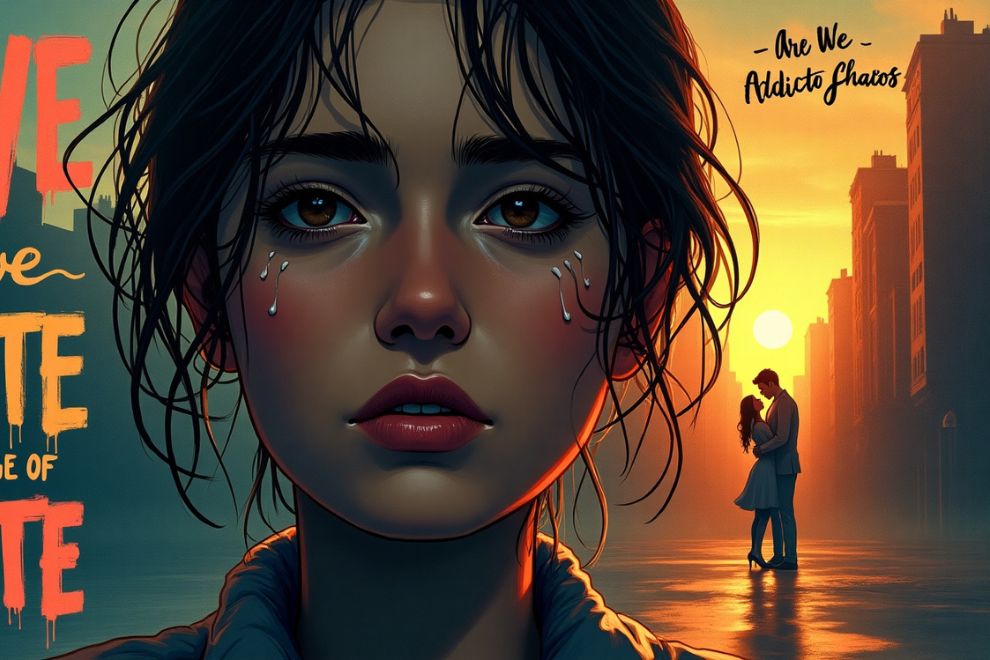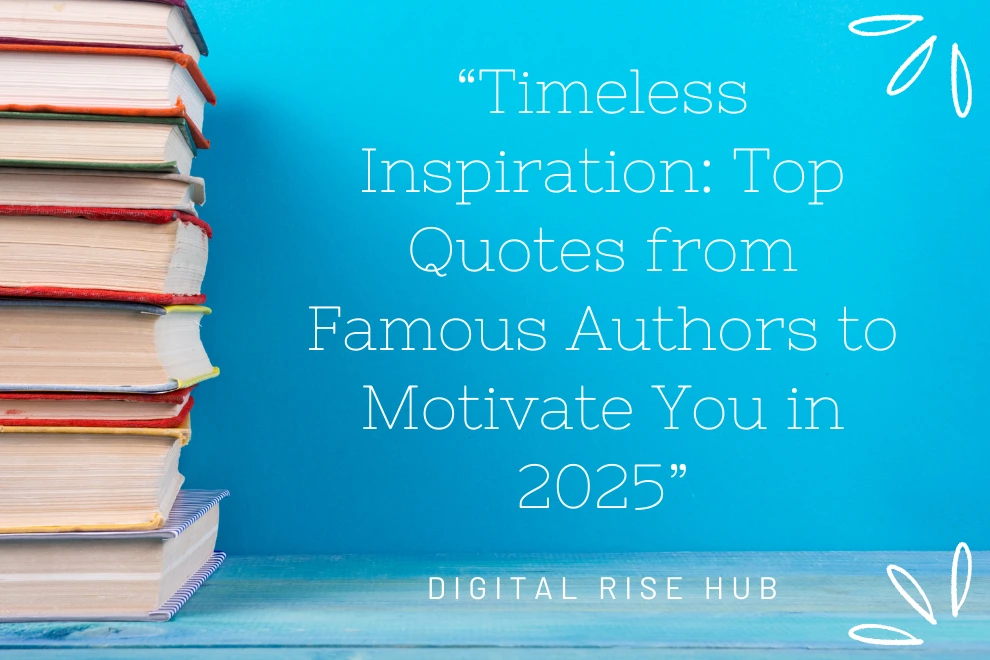When Love Feels Like a Game You’re Meant to Lose
Love-hate ghosting modern relationships — these words are now more common than commitment, stability, or even “I love you.” We crave intimacy, yet fear it. We want deep connection, but ghost at the first sign of discomfort. Why? Because in today’s chaotic emotional landscape, dysfunction often feels more familiar than peace.
The Rise of Ghosting: Emotional Ejection Without Closure
Ghosting isn’t new, but it’s been normalized by digital culture. One minute you’re sending heart emojis, the next—nothing but silence. No explanation. No goodbye. It’s emotional vaporization.
But what’s more shocking?
We often chase after the very people who ghost us.
Why?
Because unpredictability activates our brain’s reward system. Like slot machines, love becomes a gamble—sometimes you win affection, other times you get abandonment.
Love-Hate: The Push-Pull That Feels Like Passion
Love-hate relationships offer intensity. Passionate arguments followed by explosive reunions. Withdrawal followed by desperate reconnection. The highs are euphoric. The lows are devastating. It mimics addiction—because neurologically, it is.
“We confuse intensity with intimacy, and chaos with connection.”
In the age of ghosting, mixed signals feel like normal communication. And for many, peace feels boring, while chaos feels like “love.”
Are We Addicted to the Drama?
Let’s be honest: calm love feels foreign when you’ve grown up watching toxic love portrayed as romantic. From movies to real-life influencers, we’re shown passion as fights, jealousy, and chasing someone who keeps pulling away.
This leads to:
- Craving validation from unavailable people
- Feeling bored in stable relationships
- Repeating toxic patterns that feel “familiar”
If your nervous system is used to chaos, peace will feel like a threat.
The Emotional Exit: Why We Ghost or Get Ghosted
Ghosting happens when:
- We fear confrontation
- We don’t want to feel responsible for hurting someone
- We were never emotionally available in the first place
Ironically, both the ghosted and the ghoster often struggle with emotional regulation. Ghosting becomes a defense mechanism to avoid vulnerability. It’s easier to disappear than to explain feelings we don’t fully understand ourselves.
Breaking the Pattern: How to Stop Chasing Chaos
- Recognize the Pattern
Acknowledge if you’re mistaking emotional spikes for genuine love. - Regulate Before You React
Respond with self-awareness, not reactivity. Silence doesn’t always deserve a chase. - Redefine Love
Love isn’t adrenaline. Love is security, communication, and mutual effort. - Set Boundaries With Yourself
Don’t keep returning to people who only show up when it’s convenient for them. - Heal the Inner Chaos
Often, our addiction to emotional rollercoasters is rooted in unhealed trauma.
Love Doesn’t Have to Hurt to Feel Real
In a world where love-hate dynamics and ghosting dominate dating culture, it’s easy to confuse chaos for connection. But love doesn’t have to feel like survival. The real intimacy we crave begins with inner calm, not outer drama.
It’s time we stop glorifying the chase and start embracing the peace we deserve.


